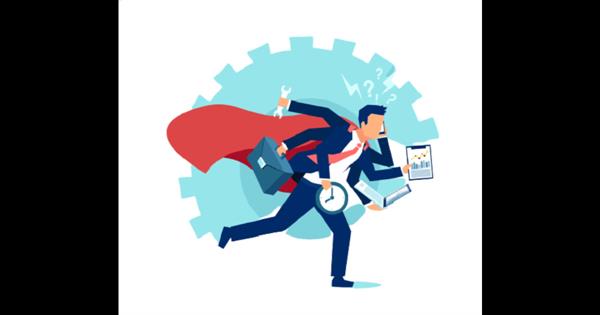
An Exhaustive Analysis on Various National MUN Committees
When it comes to national MUN conferences, there is a wide variety of committees that you can participate in or delegate to. At first glance, this could appear to be an overwhelming task; yet, MUN committees often follow predefined formats.
Let's take a look at the many kinds of committees that you can find yourself participating in.
General Assembly (GA): The Global Platform for Issues Involving Multiple Aspects
- The General Assemblies of the United Nations are comprised of all 197 member nations.
- These committees can be quite large, frequently include more than one hundred different delegations.
- They discuss on a wide variety of topics, which are typically broken up into specialised committees such as the Disarmament Committee, Economic Committee, Social Committee, Humanitarian Committee, and Legal Committee.
Security Council: The Centre of Gravity for Decision-Making Regarding Worldwide Crises
- The Security Council, which has 15 members, is responsible for addressing the most pressing international concerns.
- The fact that each of its five permanent members has a veto in the decisions made by the body gives it a very different kind of power dynamic.
- The talks in national MUN can take place in the form of regular committees or crisis committees, each of which is fraught with high-stakes diplomatic manoeuvring.
ECOSOC: Promoting an Ecologically Sound and Sustainable Development
- The responsibility for coordinating 15 specialised entities that are dedicated to sustainable development falls on this organisation.
- Concerns on the social, economic, and environmental fronts are addressed using simulations.
- Discussions can take place in general ECOSOC meetings or in specialised agencies like the World Bank.
Human Rights Council: Defending and Promoting Human Rights Around the World
- Devoted to the advancement and defence of human rights on every continent across the world.
- The agenda in national MUN includes discussions on a wide range of topics, including gender equality, minority rights, and refugee problems.
International Criminal Court of Justice: The Resolution of Disputes on a Global Scale
- The International Court of Justice (ICJ) is charged with settling disagreements that arise between the countries that make up its membership.
- When discussing topics like as war crimes and genocide, delegates will take on the roles of either applicants, respondents, or justices.
Other Committees
Committees of Special Concern
- Create a simulation of major events from the past and give the delegates the opportunity to use hindsight to develop better answers.
- Examples of this include emergency special sessions and crisis committees held by the United Nations during times of crisis such as the Cuban Missile Crisis.
Regional Organisations
- Create a realistic representation of organisations from the actual world that are focused on finding solutions to local problems.
- Examples include the European Union and the ASEAN, which stands for the Association of Southeast Asian Nations.
Additional Specialised Organisations
- Create fictitious non-UN organisations, each of which would strive to achieve a unique objective.
- The topics cover a wide range, from the negotiations over Brexit to the discussions on OPEC.
Crises Committees
- Function using dynamic timelines, with occurrences being shaped by the actions delegated to subordinates.
- The delegates in take on certain roles and respond appropriately to unfolding crises and occurrences.
- Directives, communiques, and portfolio actions are the means through which decisions are arrived at.
- Crisis committees offer a memorable and exciting Model United Nations experience by putting an emphasis on role-playing and character depiction.
Although committees at the national MUN may initially appear to be daunting, they actually provide delegates with a wide variety of opportunities to connect with global concerns and polish their diplomatic abilities.
Related Blogs
-
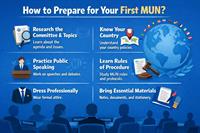
19-Jan-2026 How to Prepare for Your First MUN?
-
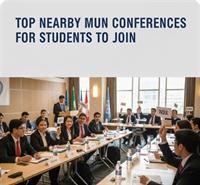
24-Dec-2025 Top Nearby MUN Conferences for Students to Join
-
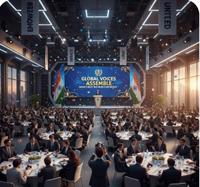
27-Nov-2025 Global Voices Assemble India Next Big MUN Conference
-
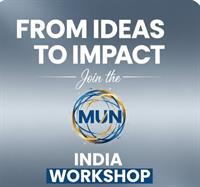
13-Nov-2025 From Ideas to Impact Join the MUN India Workshop
-
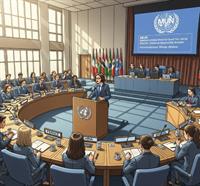
14-Aug-2025 What Is A Conference In MUN?
-
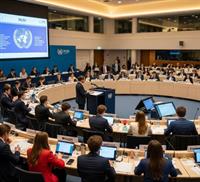
07-Aug-2025 What Does the MUN Do?
-
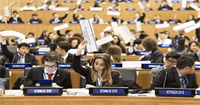
03-Jul-2025 Ways to Research for a Model UN Position Paper
-
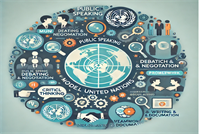
28-Mar-2025 What skills do you gain from Model United Nations?
